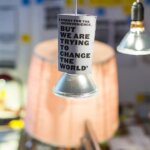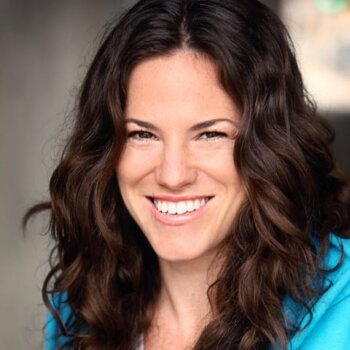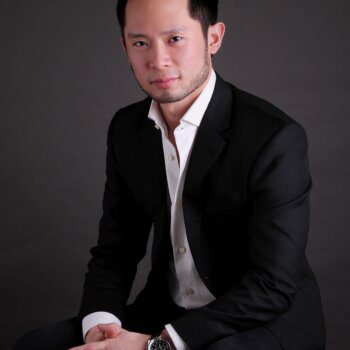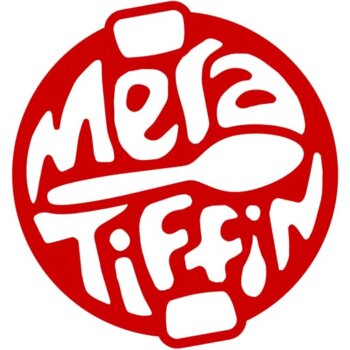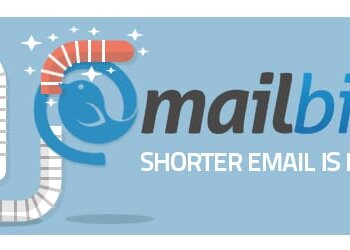Vidur Malik started his business in the fintech industry, quite by accident!
What’s your story?
I come from a small town in India called Chandigarh, that is really on nobody’s map. I got the opportunity to go to Brown University in the US as an undergrad, and I decided to go and study engineering there. Midway through I decided to switch to computer science and eventually got a bachelors and masters in Computer Science, both from Brown. I worked for several years at a fintech startup that experienced explosive growth in NYC before starting my own business here in Singapore. The business happened completely by accident. I submitted an application to an accelerator program called Startup Bootcamp Fintech while I was in Singapore on a bit of a vacation (no product, no users nothing), and the accelerator saw enough potential to help us out. The rest is history!
What excites you most about your industry?
Finance touches literally every part of your life, and good financial tools and resources can make a huge difference in people’s lives. It can be a tremendous source of good, but as we’ve seen in the past, also a big source of destruction. I think fintech, which is the industry I work in, has potential to skew the balance toward the good, which is super exciting.
What’s your connection to Asia?
My family is from India and I grew up in India, but more specifically, my brother has lived in Singapore for 14 years and is a naturalized Singaporean citizen. That is what drew me initially to Singapore.
Favourite city in Asia for business and why?
Definitely Singapore. Starting a business is all consuming, and I needed a place that had minimal side-worries. Singapore is reliable and “just works,” which is incidentally also the one thing that customers of any product value the most. You may have the flashiest stuff, but plain old reliability is what works best to attract loyal customers. I do concede that the local market is small, but it’s a great and stable place to incubate and have your HQ.
What’s the best piece of advice you ever received?
“It’s hard enough to make money that you can’t do it by accident” by Paul Graham. The corollary to this is of course “Build something people love,” also by Paul Graham. So, in the context of entrepreneurship, I think the advice should be “Build something people love so much that they pay for it.”
Who inspires you?
Brian Chesky from Airbnb. My favorite story of Brian is the “cereal” entrepreneur story. Brian and his co-founder funded Airbnb in the early days by making custom made cereal boxes that they sold during the 2008 US election. They moved heaven and earth to give their company the best chance to survive. It always reminds me that there is a way to get stuff done, you just have to look hard enough.
What have you just learnt recently that blew you away?
Bitcoin has appreciated 16x in the past year. It’s really incredible, but I think the investors in bitcoin need to ask themselves, can they really explain this 16x increase? If they can’t (and I suspect most cannot), then everybody is just playing the “greater fool” game. I can’t see any intrinsic value in bitcoin because clearly as a currency it’s a failure. It’s slightly better as a store of value, but the volatility is too high for it to function effectively. But we’ll wait and see!
If you had your time again, what would you do differently?
Hindsight is 20/20 and there are lots of things that I could have done differently. The one thing I should’ve done more of was spend more time exploring, reading, building and generally being somewhat of a bum. As Robert Persig in the book “Zen and the art of motorcycle maintenance” says; “You want to know how to paint the perfect painting? It’s easy. Make yourself perfect and then paint naturally.” So, if you want to build something of importance, you must build yourself up first, and exploring, reading, building, etc. are the ways to do it. I try to read as much as I can these days.
How do you unwind?
Tennis, reading, video games and spending time with my girlfriend!
Favourite Asian destination for relaxation? Why?
I’m not really a relaxation kind of guy. I like to vacation in places with really high energy, and I usually hope I can take some of that energy back home. So, in Asia, I’d say Hong Kong. The city has an atmosphere that reminds me of New York City and also never sleeps!
Everyone in business should read this book:
“Misbehaving” by Richard Thaler. While not strictly a business book, it’s a great study on why humans act the way they do. It functions as a kind of obtuse way to understand your customers, which is arguably the most important thing in business.
Shameless plug for your business:
Hektor is a behavioral science company helping young people get started with savings and investing. Our model is B2B2C; we offer customer facing products to financial institutions (FIs) to help them engage, acquire and retain young (millennial) customers. With the largest wealth transfer from the older generation to the new in history set to happen during the next decade, delighting young customers has become very important to FIs. We take care of this for them.
How can people connect with you?
The best way is to message me over email at [email protected]. I make a point to reply to every email (except spam!).
Twitter handle?
@VidurMalik
—
This interview is part of the ‘Callum Connect’ series of more than 500 interviews
Callum Laing is an entrepreneur and investor based in Singapore. He has previously started, built and sold half a dozen businesses and is now a Partner at Unity-Group Private Equity and Co-Founder of The Marketing Group PLC. He is the author two best selling books ‘Progressive Partnerships’ and ‘Agglomerate’.
Connect with Callum here:
twitter.com/laingcallum
linkedin.com/in/callumlaing
Download free copies of his books here: www.callumlaing.com

